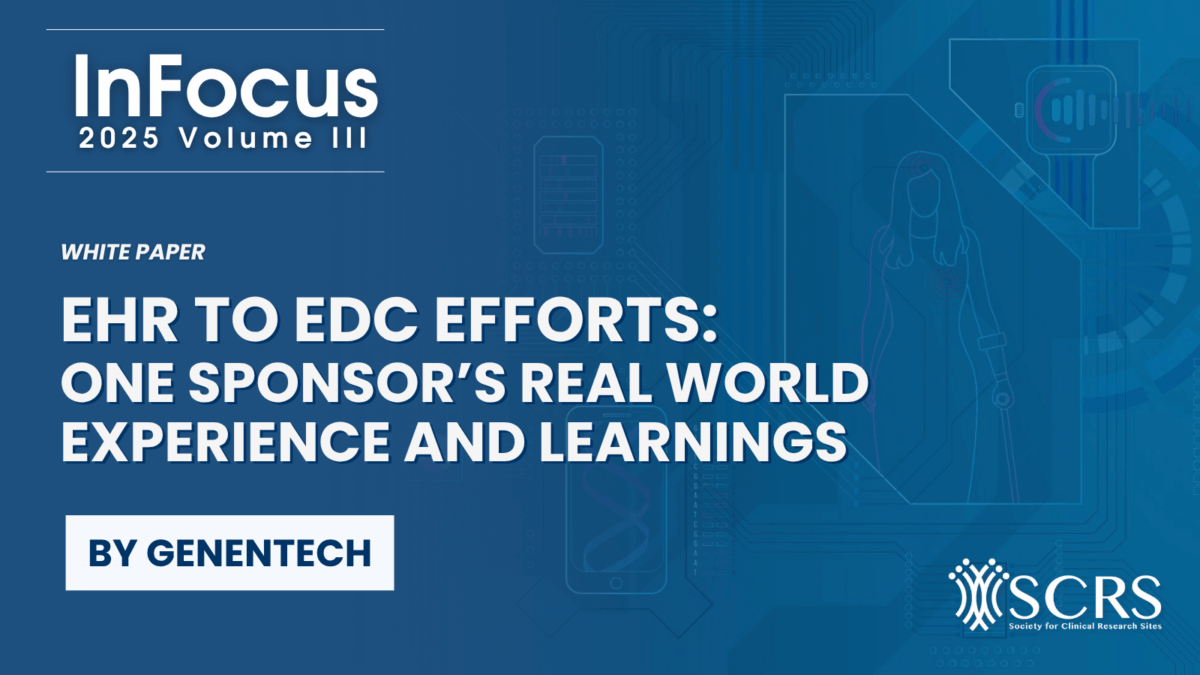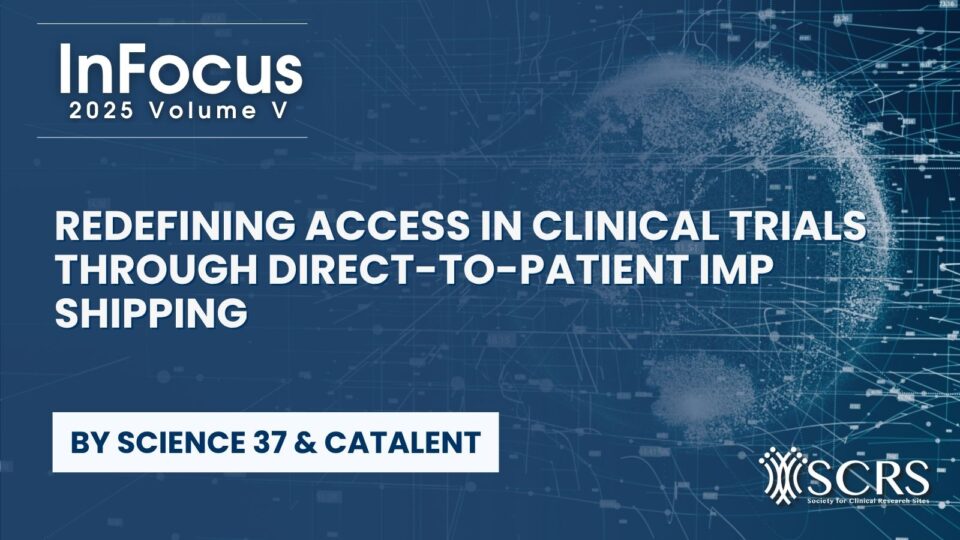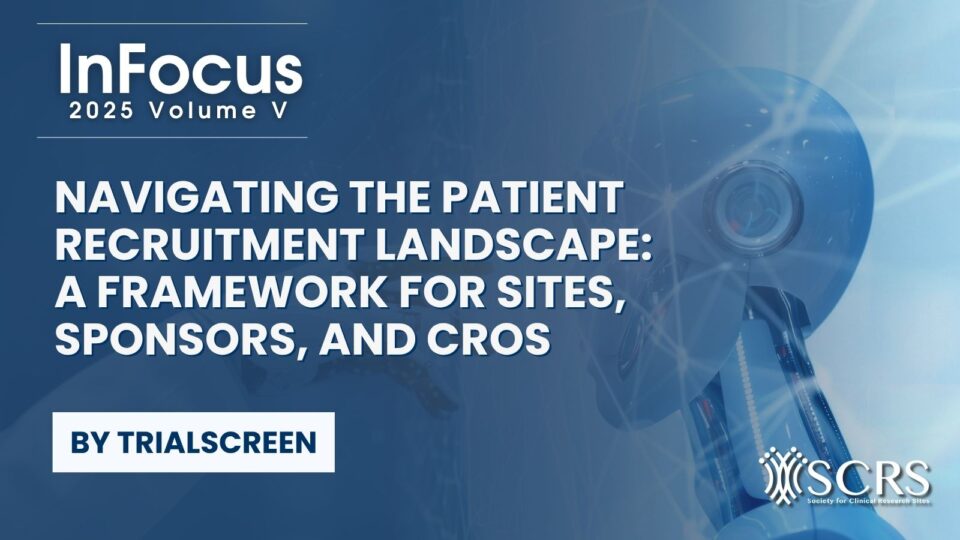EHR to EDC Efforts: One Sponsor’s Real World Experience and Learnings

Integrating Electronic Health Record (EHR) systems with Electronic Data Capture (EDC) systems offers a significant opportunity to streamline clinical trials, thereby reducing both time and cost burdens. In traditional clinical trials, data collection and management require duplicative efforts, where patient information must be manually transcribed from EHRs into EDC platforms. Previous research suggests that up to 70% of data is duplicative between EHR and EDC systems.
Additionally, transcription errors remain a significant issue, and manual data entry is often delayed due to limited resources. This inefficiency not only increases the risk of data errors and hinders the overall trial progress, it simultaneously impacts the development of new medicines.
By connecting these two systems, healthcare providers and clinical researchers can enable real-time, seamless data exchange, improving accuracy, accelerating patient recruitment, and optimizing clinical workflow. This integration can enhance trial efficiency, reduce administrative overhead, and ultimately facilitate the faster delivery of life-saving treatments to patients.



